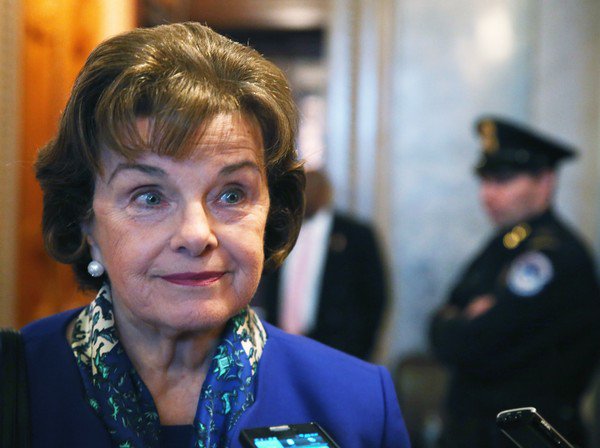
One would certainly hope so after the turmoil that has followed the release of thousands of DNC emails by Wikileaks. But Democratic lawmakers in the past have worked to weaken encryption standards, demanding backdoors that they say can be used by law enforcement authorities to track terrorists, but also leave computers vulnerable to hackers.
Consider CISA, a bill introduced to the Senate by California Democrat Dianne Feinstein. Despite near-unanimous expert testimony opposing the bill, along with a vocal public outcry, 30 Democratic senators voted in favor of passing the bill last year. This year, Feinstein coauthored the “Compliance with Court Orders Act of 2016” with Republican Senator Richard Burr, in the name of protecting America from terrorism following the FBI’s battle with Apple over decrypting the San Bernardino shooter’s iPhone.
As encryption expert Jonathan Zdziarski wrote following the announcement of the Feinstein-Burr bill, “The reality is that there is no possible way to comply with it without intentionally backdooring the encryption in every product that may be used in the United States.” While it’s still unclear how, exactly, hackers got into the DNC’s servers, Democrats now know, in the most personal way, the kinds of embarrassments that can result from encryption vulnerabilities.
The Democrats can blame Russia all they want. The fact of the matter is that stronger encryption, like the end-to-end encryption now standard in everything from iMessage to Whatsapp, continues to be the best defense against hackers.


